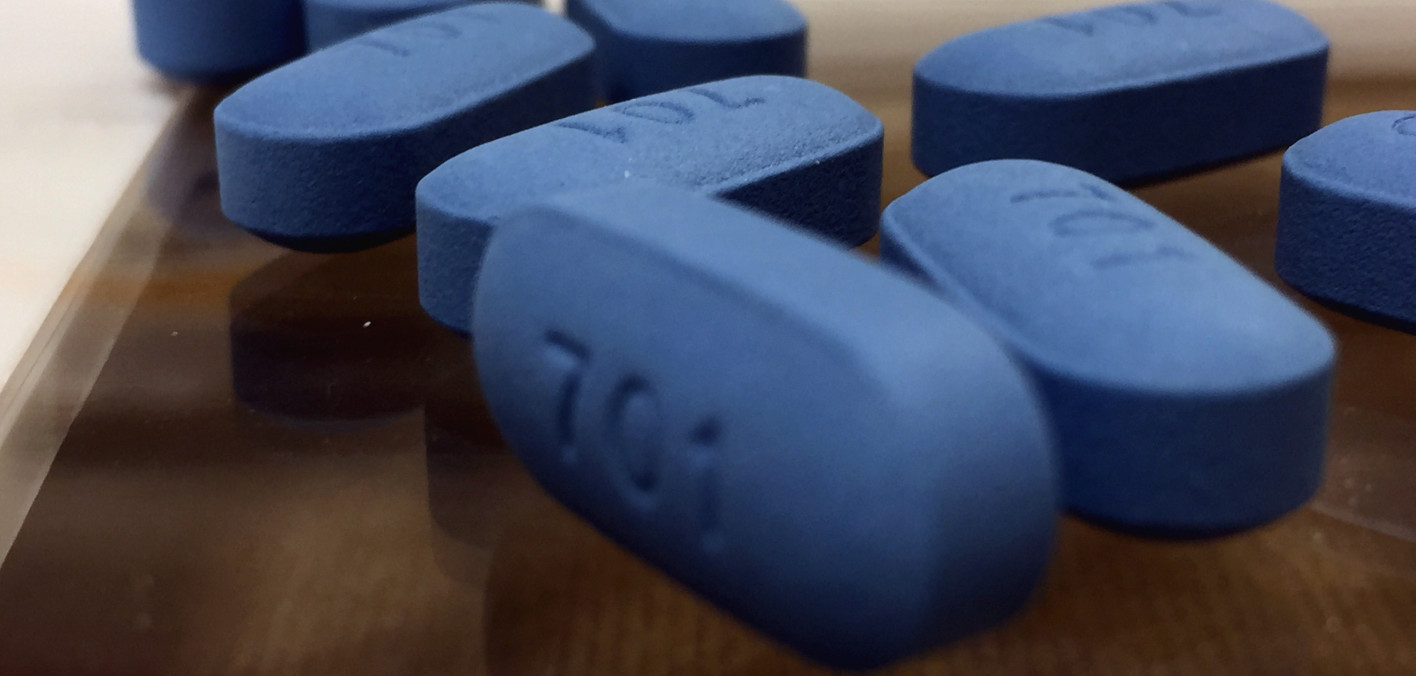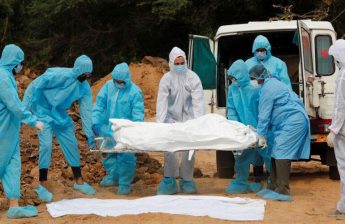KUALA LUMPUR, Dec 11 — Anti-HIV groups have urged the government to increase the availability of a medicine that prevents HIV transmission among those who engage in risky sexual behaviour.
Free Malaysia Today (FMT) quoted Malaysian AIDS Council president Bakhtiar Talhah as saying that the pre-exposure prophylaxis (PrEP) drug is not widely available in the country as the project is still in its pilot stage, noting that it has been proven to prevent transmission of the virus that causes AIDS for people who take part in risky activities.
PrEP is currently free for legally married couples where one partner is HIV-positive at government hospitals. It is an antiviral drug strategy for HIV/AIDS prevention for those who have yet to be exposed to the virus.
“It is still in its pilot stage and I think it’s definitely a tool that the government should consider expanding,” Bakhtiar was quoted saying.
A combination of treatment for HIV-positive people and PrEP for those who do not have the virus, can reduce or prevent the spread of HIV.
PT Foundation chairman Hisham Hussein, who runs a charity that assists those with HIV, previously called for PrEP to be made available free of charge or at least at a minimal cost, at government hospitals.
Today’s FMT report, meanwhile, quoted Bakhtiar as saying stigma and discrimination are stopping Malaysians from coming forward to get treatment for HIV/AIDS — despite it being free of charge.
“Only 50 per cent of those with HIV get treated for it. The other half that know they’re HIV positive refuse to get treatment,” he reportedly said.
According to statistics by the council and its funding arm, the Malaysian AIDS Foundation, 118,556 HIV cases were reported from 1986 to 2018, the FMT report stated.
The Ministry of Health (MOH) recently said that the HIV epidemic in the country is currently driven by sexual transmission as opposed to intravenous drug use, which had been the main method of transmission three decades ago.
Nearly two in three new cases of HIV transmission that were recorded in 2018 came about from intercourse between men who have sex with other men (MSM).
Intravenous drug use accounted for only three per cent of new HIV transmissions for 2018, while 57 per cent of cases were detected through homosexual or bisexual relations. A total of 37 per cent of cases came about due to heterosexual relations.








